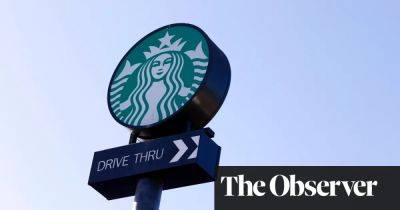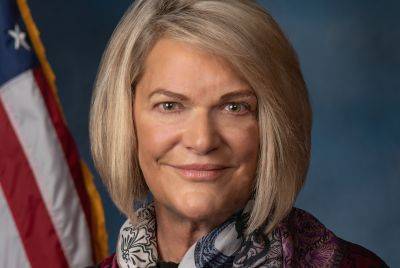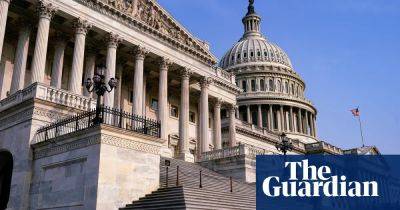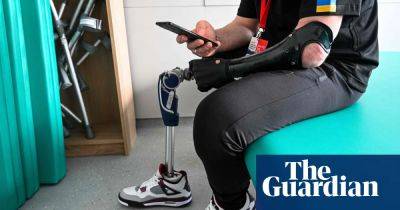Delivery apps could help fight obesity by boosting low-calorie options, says study
Food delivery apps could help tackle the obesity crisis by making lower-calorie options more prominent on their sites, research suggests.
A study, presented at the European Congress of Obesity in Dublin, involved creating a simulated food delivery app and conducting three randomised controlled trials involving 23,783 adult participants.
In each trial, participants were asked to choose a meal for themselves like they would in real life and then the number of calories in their basket at checkout was measured.
The research was led by Dr Filippo Bianchi and was sponsored by Nesta, a UK foundation and charity partly focused on health. It looked at different interventions within the app, including pre-selecting smaller portions by default, positioning lower-calorie foods more prominently, and displaying calorie labels. There was also a control group where the simulated app had no changes.
The results show that all for all three trials in which the app was altered, the purchases involved a lower number of calories on average. While the control group purchased an average of 1,408 kcal, the three trials recorded reductions of up to 15%.
The use of food delivery apps, which include Deliveroo and UberEats, has increased by 55% since 2015, with 25 million adults in the UK using them regularly.
Studies have shown that takeaway foods are often high in calories, with 47% of meals containing at least 1,000 kcal or more, which is about half of an adult’s daily recommended energy intake.
The study’s recommendations included that food delivery apps provide a filter letting users switch calorie labels on and off; communicate recommended energy intake per meal and not just per day; and avoid framing calorie label messaging or formatting as
Read more on theguardian.com


















